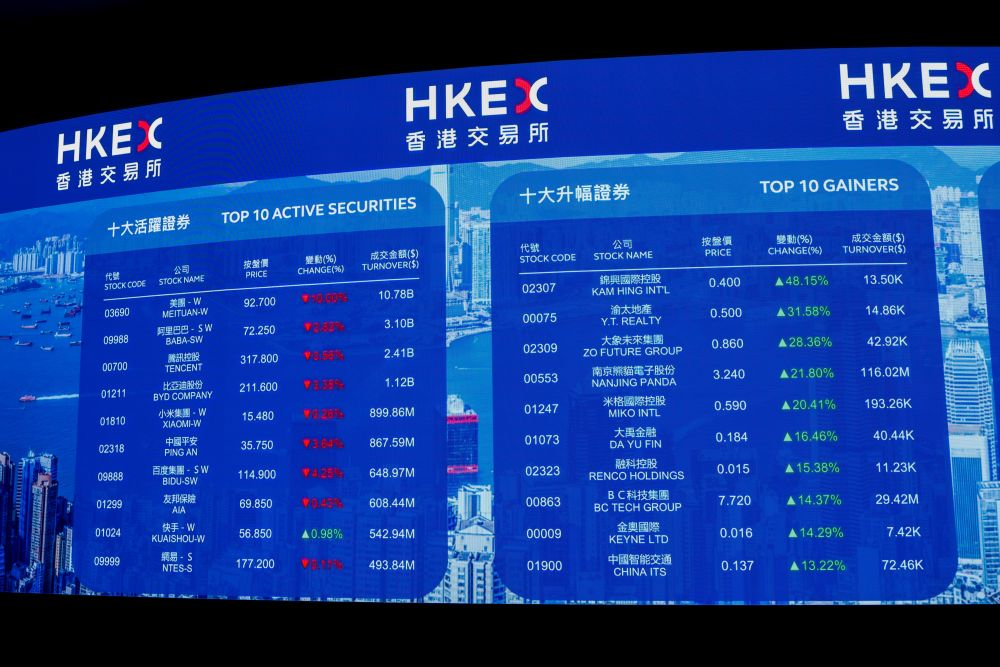In light of more default cases and increasing foreign participation in the US$13 trillion onshore bond market, China’s regulators have sped up building the onshore credit derivative market, which has seen several milestones over the past few months. However, due to certain issues such as a bond-holding requirement for buyers, international financial institutions have shown limited interest in this market.
In October 2018, the People’s Bank of China re-launched the CRMW (Credit Risk Mitigation Warrant) programme, in a bid to enable privately-owned enterprises to issue bonds and lower their bond financing cost. Data from Wind shows that, as of June 12, 98 CRMW totalling 11.2 billion yuan (US$1.63 billion) notional have been issued since September 2018.
While regarded as China’s version of the credit default swap (CDS), CRMW has several unique characteristics that make it differ from the internationally traded CDS. Firstly, the reference obligation of a CDS contract includes a list of bonds with the same features (i.e. governing law, currency, seniority, etc.) from the same issuer while CRMW only references one bond.
In addition, China’s CRMW buyers are required to sit on the underlying bond before buying CRMW and the notional of CRMW should not be larger than the underlying bond. In the secondary market, investors need to trade CRMW together with the underlying bond, as speculation in the CRMW market is not allowed. However, in the international market, CDS traders and sellers can enter into CDS transactions regardless of their bond positions.
“At the peak of the global financial crisis, the outstanding notional of CDS globally was humongous, much bigger than the underlying bonds. People were gambling without physically sitting on the bond,” says a senior executive at a European bank based in Hong Kong.
To some international practitioners, the bond-holding requirement has caused the lack of liquidity in the CRMW market. The shortage of secondary trading also creates a hurdle for CRMW price discovery and makes it difficult to work out the implied probability of default of the underlying bond.
“If you are talking about derivatives, you don’t need to physically sit on the underlying. Unless the regulator in China changes the onshore CDS mechanism, I don’t think (onshore) CDS will take off and reach a meaningful notional level in the onshore market,” says the banker.
On the other hand, as there is no detailed rule specifying the risk weight of CRMW in the banking book or trading book from China Banking and Insurance Commission, only a few foreign banks are in this market at this point.
Currently, apart from major Chinese banks, Deutsche Bank and BNP Paribas are the only two qualified foreign banks that can originate CRMW while Deutsche Bank, BNP Paribas and Standard Chartered are the only three qualified core participating dealers in the CRMW market, according to the National Association of Financial Market Institutional Investors (NAFMII). Insurance companies are not yet allowed to participate in the credit derivative market.
In October 2018, a CRMW referencing a 1-billion-yuan bond issued by Chinese conglomerate Zhejiang Rongsheng Holding Group, was sold by China Bond Insurance, a credit guarantee provider. The total notional of the CRMW was 500 million yuan while the premium was 1% per annum. This was the first CRMW transaction since the relaunch of the CRMW programme.
Currently, there are four credit products governed by NAFMII, which are CRMA (Credit Risk Mitigation Agreement), CRMW, CDS and CLN. CRMA and CRMW were first introduced in 2010 while CDS and Credit-linked Note (CLN) were added to China’s credit derivative family in 2016. CDS and CLN follow the same structures and mechanism internationally. However, there have been a few CDS and CLN issues since inception and most participants are still adopting a wait-and-see approach.
|
|
CRMA |
CRMW |
CDS |
CLN |
|
Reference Entity |
Single issue |
Single issue |
Multiple issues |
Multiple issues |
|
Trading |
OTC |
Public |
OTC |
Public |
|
Format |
Bilateral agreement |
Tradeable warrant |
Bilateral agreement |
Tradeable warrant |
|
License for origination |
Not required |
Only core participating dealers |
Not required |
Only core participating dealers |
The first CDS deal done by a foreign bank in China was when Standard Chartered Bank (China) concluded a Credit Default Swap (CDS) deal with Industrial and Commercial Bank of China on September 11, 2017. The deal notional is 20 million yuan, the reference entity was the electric power industry, and the tenor was one month.
China’s regulators have been proactively addressing foreign investors’ concerns over the onshore bond default by enhancing the market infrastructure. On June 17, the China Foreign Exchange Trading System, China Central Depository & Clearing (CCDC) and Shanghai Clearing house issued several guidance notices on the disposal of the collateral upon repo default. The guidance clearly states that CCDC and Shanghai Clearing House will run the collateral disposal upon repo default, through bilateral negotiation, public auction and private sales.









